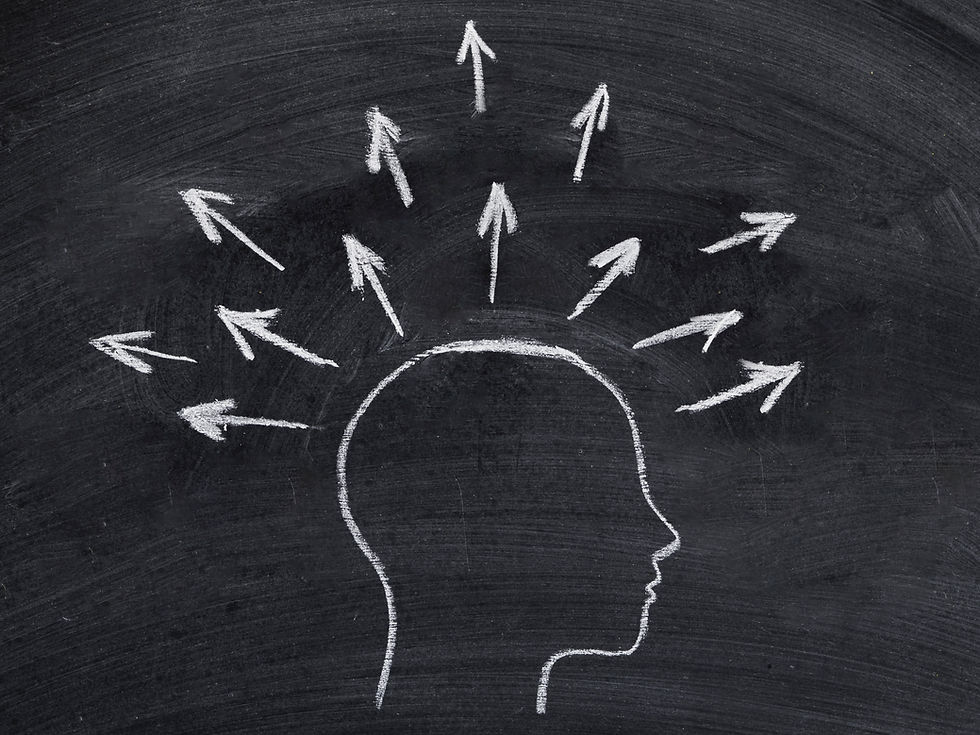MINDING LEADERSHIP.
- Todd Anthony Walker

- Jan 10, 2025
- 1 min read
Updated: Jan 14, 2025
Most leaders don't struggle because they lack a capable mind, rather, they lack the right mindset. Carol Dweck, in her book Mindset, describes the difference between people with a growth mindset and a fixed mindset. The distinction, she explains, turns less on skill and more on will. People with growth mindsets see challenges less as roadblocks (that end a journey) and more as detours, which can lead to new and previously unimagined opportunities. Business author and consultant Hitenda Wadwa observes that leaders can accelerate their ability to successfully achieve outcomes by focusing on five core aspects of mindset: (1) Purpose (commitment to a noble cause); (2) Wisdom (being calm and receptive to the truth); (3) Growth (being curious and open to learning; (4) Love (connecting with those you work with and serve); and (5) Self-realization (centering in a joyful spirit). Centering around such principles (especially prior to a meeting where emotions may run high) empowers a leader with the mental agility to be able to address evolving dynamics and shift strategies to guide the team along the most effective path. Just as a sprinter who is not 'set' in the blocks will not perform well in a race, leaders who do not take the time to get in the right 'mindset' prior to meetings will falter, achieving far less with their teams and organizations than they otherwise could. #LeadWithMindset

Image by freepik







Comments